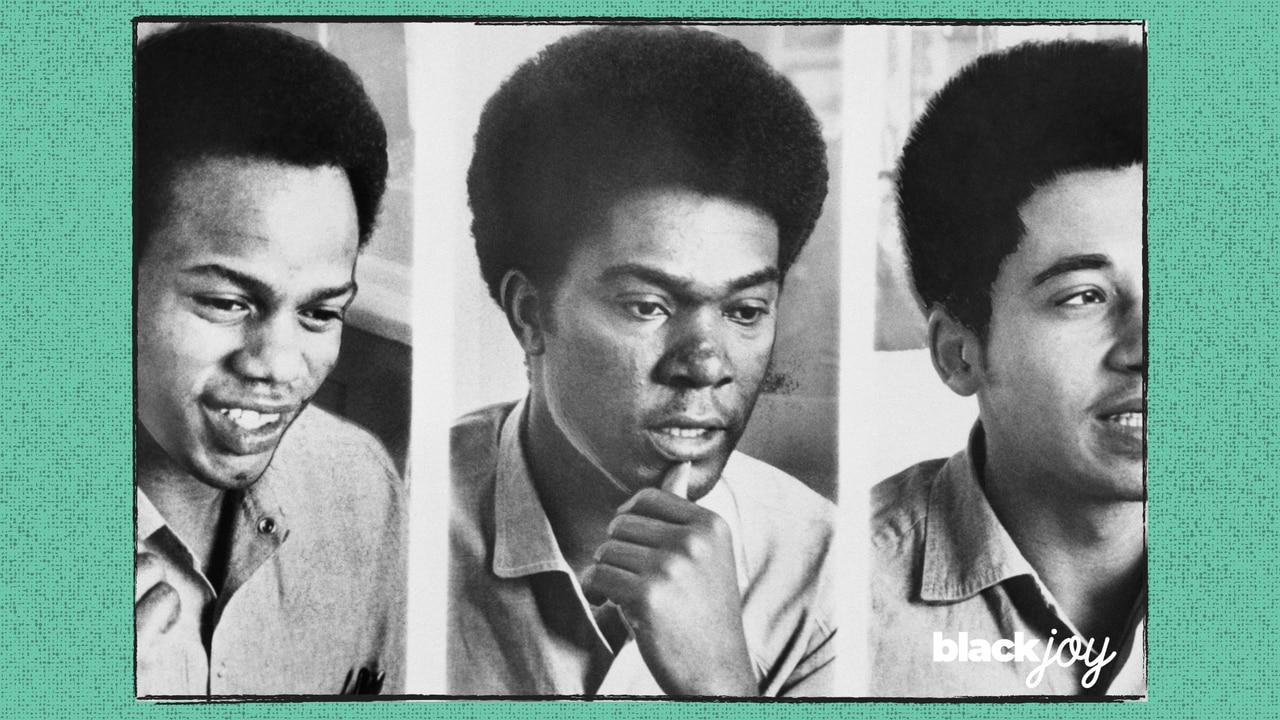Become revolutionary during Black August
As white supremacy continues to disempower communities of color, Black revolutionaries are on the frontlines dismantling the systems attempting to keep Black minds and bodies in bondage.
“Black August” is an annual, month-long commemoration of the freedom fighters and movement workers who mapped out the blueprint of Black resistance and those who are continuing the fight. This tradition was created after activist and author George Jackson was killed by a San Quentin Prison guard in California on August 21, 1971. Jackson, along with fellow inmates Fleeta Drumgo and John Cluchette, were accused of killing a white prison guard in January 1970. In March 1972, Drumgo and Cluchette were acquitted of the charges because the state failed to prove its case.
Jackson’s imprisonment occurred during a time when Black people were becoming more vulnerable to the criminal justice system due to political campaigns to be tough on crime and take on the “war on drugs”. He was just 19 years old when he was sentenced to “one year to life” after being convicted of stealing $70 from a gas station. The majority of his years in prison was spent in solitary confinement. Despite the isolation, racism and oppression of the prison system, Jackson’s voracious love of reading revolutionary works and connections to other Black power activists who were also incarcerated in the same prison, transformed him into a prison rights leader and a revolutionary. His writings from prison continue to inspire and empower Black activists and abolitionists today.
Civil rights activist and writer Julius Lester wrote about how Jackson preserved and strengthened his well being despite existing within an oppressive environment in a 1970 New York Times column.
“He began to discipline his mind and his body toward one end: revolution,” Lester wrote of Jackson. “His commitment could be seen in his face, in the way he walked, in the way he talked, and though he was never the instigator of trouble, he never failed to defend himself when trouble came. It did; it had to, for prisons do not rehabilitate. They destroy and call it rehabilitation. George Jackson refused to be destroyed.”
The first Black August was held in 1979. Those who participated strengthened their minds and discipline through fasting, reading revolutionary works, which included Jackson’s writings, and abstaining from radio, controlled substances and television. Here are a few ways you can honor Black August today.
Fleeta Drumgo, left; John W. Cluchette, middle; and George Jackson, right, were known as the Soledad Brothers.
Amplify messages from abolitionists and incarcerated individuals
Mass incarceration is like slavery’s cousin. Although the 13th amendment is known for abolishing slavery, it makes an exception for those who are punished for a crime. While there have been successful efforts to remove the language in some state constitutions, a few U.S. Congress members are pushing for change on a federal level.
The Sentencing Project reports a 500 percent prison population increase since 1973. The majority of incarcerated individuals are Black. While freedom fighters first started Black August behind prison walls more than 40 years ago, those imprisoned today are still dealing with inhumane conditions, practices and inadequate mental and physical care. Thousands of people incarcerated in Alabama went on strike in September 2022 to call out the deplorable conditions of the state’s overcrowded prisons, which are some of the deadliest in the nation. About 300 men in Texas started a hunger strike to bring attention to their experiences in solitary confinement, a practice that has been proven to cause irreparable harm. Joshua Allen Sweeting, who is housed at a prison near Palestine, Texas, has been in solitary confinement since 2004 and has witnessed the mental and physical deterioration of other incarcerated folks.
“This is not about us trying to run the prison, its about humanity,” Sweeting told The Texas Tribune via email. “It’s about us being treated as humans and given a chance to prove we deserve to be treated as such.”
Learn about and honor other Black uprisings and revolutionaries
August is marked with multiple rebellions and revolts. It’s the same month when Nat Turner, empowered by a prophecy from God to bring his people out of bondage, led a slave revolt in Virginia 1831. It’s when the enslaved in Haiti started the fight for their own independence in 1791. It’s also when a six-day uprising in Los Angeles pushed back against police brutality during the Watts Rebellion in 1965.
James Baldwin, Marcus Garvey and Marsha P. Johnson have birthdays in August. Research and learn about the importance of these rebellions and activists.
Read Black literature
You can empower your mind by studying the literary works of Black revolutionaries on the Black Joy Black August reading list:
“Soledad Brother: Prison Letters of George Jackson” and “Blood In My Eye” by George L. Jackson
“Assata: An Autobiography” by Assata Shakur
“Are Prisons Obsolete?” by Angela Davis
“Fire This Time: The Watts Uprisings and the 1960s” by Gerald Horne
“Revolutionary Suicide” by Huey P Newton
Connect with Black organizers in your area
Although the roots of Black August are in prison abolition work, it’s not the only work highlighted during this month. Ask yourself what social justice issues you are passionate about and see if there are any local, Black-led organizations that are doing the work in those areas. These grassroot groups could use your time and support. Here are a couple of organizations Black Joy has highlighted:
- The Thurman Perry Foundation provides women and girls impacted by incarceration with financial, health and education resources.
- The Knights and Orchids Society is a Black and trans led organization creating health and wellness resources for Black and brown LGBTQ+ people in rural Alabama.
- MarketBoxx assists college students suffering from food insecurity and poverty.
- The Yellowhammer Fund is an abortion advocacy and reproductive justice organization serving Alabama, Mississippi, and the Deep South.
